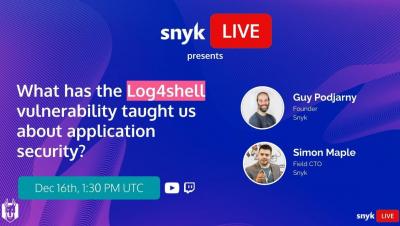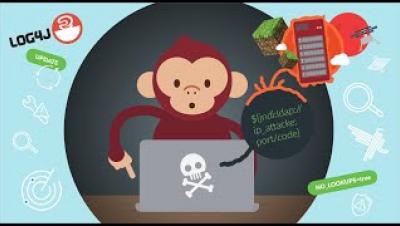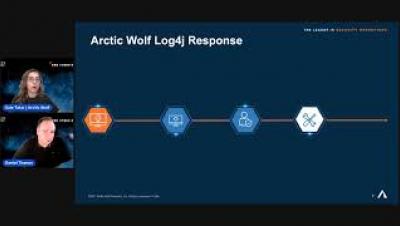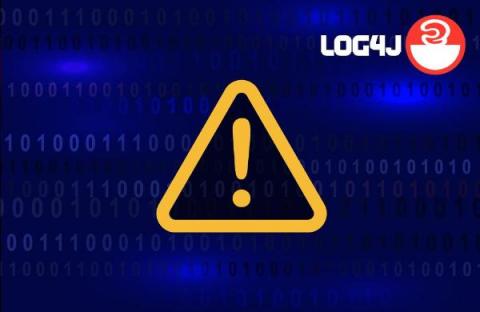Security | Threat Detection | Cyberattacks | DevSecOps | Compliance
Java
Global outbreak of Log4Shell
Log4Shell is a high severity vulnerability (CVE-2021-44228) impacting Apache Log4j versions 2.0 to 2.14.1. It was discovered by Chen Zhaojun of Alibaba Cloud Security Team and disclosed via the project´s GitHub repository on December 9, 2021.
Exploiting and Mitigating CVE-2021-44228: Log4j Remote Code Execution (RCE)
Understanding the Log4j Log4Shell Vulnerability
Log4j Vulnerability CVE-2021-45046 Explained
As security and development teams rushed to assess the now-notorious Log4Shell vulnerability published December 10 (CVE-2021-44228), another, more minor vulnerability was discovered in Log4j — CVE-2021-45046. To understand the newly-discovered vulnerability, it is important to get the full picture and background on the original Log4j issue.
Log4Shell: What You Need to Know About the Log4j Vulnerability (APJ)
Trustwave's Action Response: Multiple Log4j Zero-Day Vulnerabilities
Dec. 29: Updated to cover three additional CVEs: CVE-2021-4104, CVE-2021-44832, and CVE-2021-42550 (in logback as opposed to log4j). Dec. 22: A joint Cybersecurity Advisory was issued by multiple national cybersecurity agencies providing mitigation guidance on addressing vulnerabilities in Apache’s Log4j software library: CVE-2021-44228 (known as “Log4Shell”), CVE-2021-45046, and CVE-2021-45105. Dec. 17: Please note the emergency directive from CISA on Log4j.
Trustwave's Action Response: Multiple Log4j Zero-Day Vulnerabilities
Dec. 29: Updated to cover three additional CVEs: CVE-2021-4104, CVE-2021-44832, and CVE-2021-42550 (in logback as opposed to log4j). Dec. 22: A joint Cybersecurity Advisory was issued by multiple national cybersecurity agencies providing mitigation guidance on addressing vulnerabilities in Apache’s Log4j software library: CVE-2021-44228 (known as “Log4Shell”), CVE-2021-45046, and CVE-2021-45105. Dec. 17: Please note the emergency directive from CISA on Log4j.
Infrastructure is a disaster. The lessons from Log4J.
Khonsari: New Ransomware Delivered Through Log4Shell
While many organizations are patching the two recent Apache Log4j vulnerabilities (CVE-2021-44228 and CVE-2021-45046), attackers have been racing to exploit them to deliver malware, such as botnets, backdoors, and cryptominers. Among the threats delivered using Log4Shell exploits, a new ransomware family was found by Bitdefender: Khonsari.










